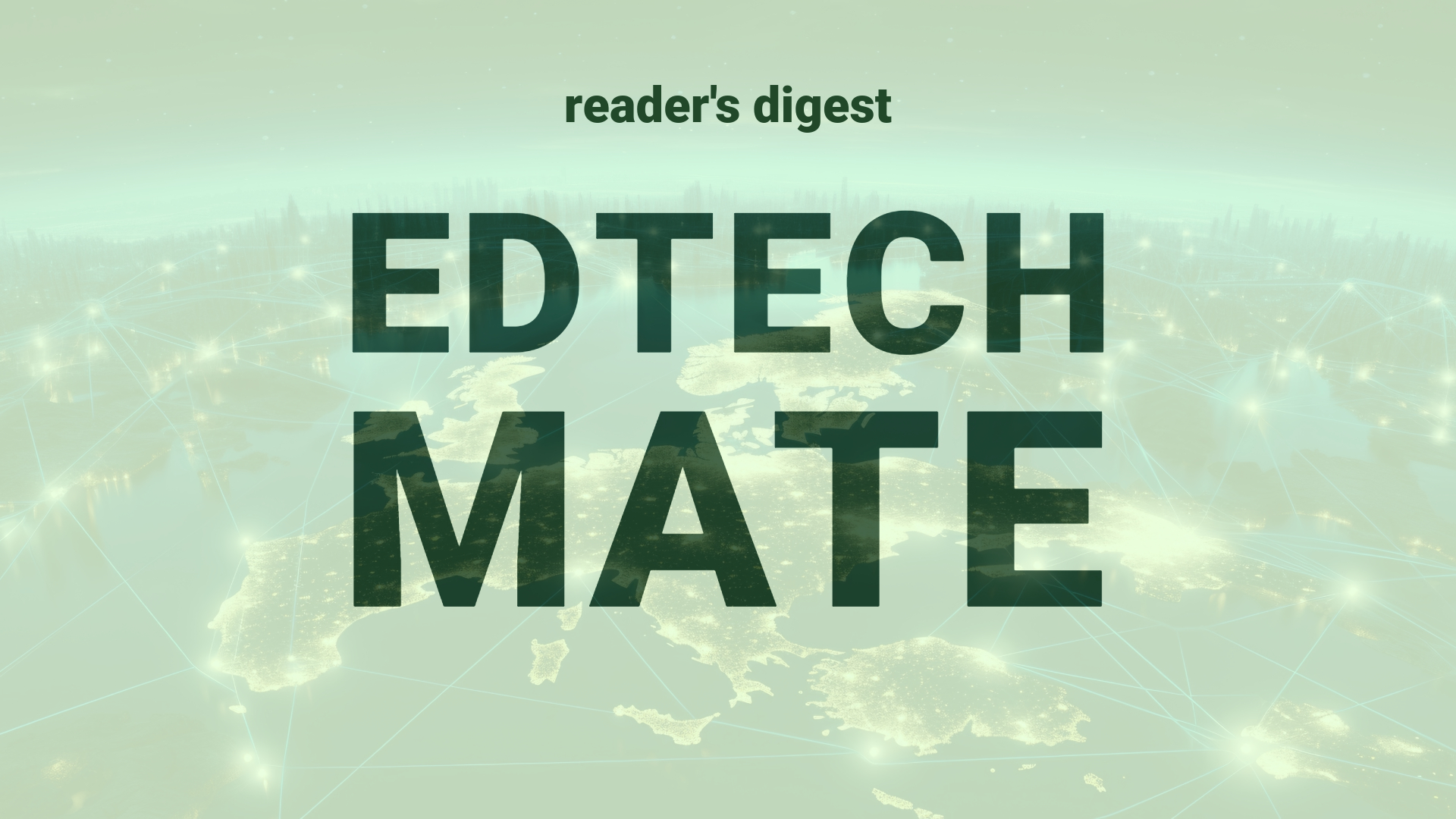“`html
Executive Summary and Main Points
At the Microsoft Build conference, Microsoft CEO Satya Nadella announced a significant shift in strategy concerning the company’s artificial intelligence tool, Recall. This AI application designed to monitor user activity will no longer ship with the upcoming Copilot+ PC. Due to privacy and security concerns, Recall will transition to a preview feature within the Windows Insiders Program (WIP). Microsoft’s Copilot+ PC, a device optimized for advanced AI functionalities such as Recall, remains central to their innovation narrative as they seek feedback to refine their offerings. The industry response to Recall’s security implications echoes broader concerns around user data protection in AI developments.
Potential Impact in the Education Sector
The recalibration of Recall’s availability may influence Further Education and Higher Education institutions that prioritize data security, especially as they integrate AI into their systems. Microsoft’s decision aligns with the sector’s increasing awareness of the need for robust security measures. It may inspire educational entities to engage in strategic partnerships, emphasizing shared values and commitments to safeguarding user privacy. On the other hand, Microsoft’s deliberate, feedback-driven approach to the deployment of Recall can act as a model for Higher Education institutions integrating new technologies. As digitalization intensifies, the education sector can learn from this example to enhance its practices responsibly, particularly when handling micro-credentials, which require secure and reliable verification and storage processes.
Potential Applicability in the Education Sector
The Copilot+ PCs and AI tools like Recall hold promise for customized and enhanced learning experiences, offering precise tracking of academic research and study patterns. Although Recall’s functionality poses certain risks, its underlying technology could be adapted to support academic integrity by monitoring for instances of dishonesty or plagiarism. Integration with digital tools must be performed with a conscious effort to uphold the highest standards of privacy and ethics, possibly through systems that anonymize data while still enabling personal and institutional accountability.
Criticism and Potential Shortfalls
Microsoft’s Recall feature has faced scrutiny over potential security vulnerabilities that could be exploited to access sensitive user information. The controversy resonates globally where similar AI tools are employed in Higher Education settings. Comparatively, universities in the European Union are operating under the General Data Protection Regulation (GDPR), which imposes strict guidelines on user data handling. In this context, any technology similar to Recall would require rigorous assessment before deployment. Ethical and cultural considerations regarding student and staff surveillance also pose substantial barriers to such technologies’ uncritical adoption in the education sector.
Actionable Recommendations
For international education leadership contemplating the use of AI and digital tools like Recall, it’s essential to undertake a comprehensive risk analysis that includes but is not limited to data security and privacy. To implement such technologies, educational institutions should consider starting with pilot programs that allow for close monitoring and rapid iteration based on user feedback. Additionally, institutions must be transparent with stakeholders concerning AI tools’ functionality, actively engaging faculty and students in the conversation about ethical usage, and ensuring that personal data is protected through rigorous security protocols.
“`
Source article: https://www.cnbc.com/2024/06/14/microsoft-to-delay-launch-of-ai-recall-tool-due-to-security-concerns.html

